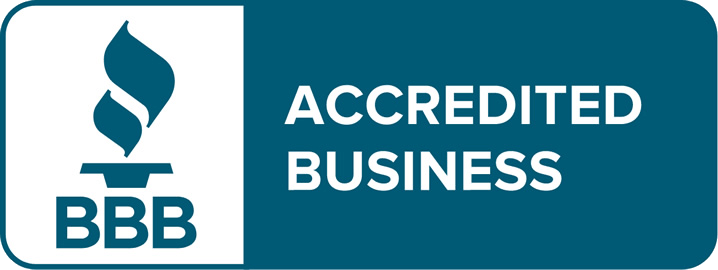A very creative approach to resolve tax issues has been taken by the State of New York. On August 5, 2013, Governor Cuomo announced a new state initiative regarding outstanding individual taxes. According to this new rule, the State of New York Department of Taxation can now request a suspension of New York driver licenses of those individuals who have unresolved State of New York tax issues that exceed $10,000.
This decision is just a follow-up of a law passed in 2013 as part of the Executive Budget. The State of New York hopes that the new plan will help collect an additional $26 million this year and increase state tax collection by $6 million per year after that.
The state has already started the process. About 16,000 notices have been sent to taxpayers, giving them 60 days to resolve their tax problems with the New York Department of Taxation. It does not necessarily mean that the liability has to be paid in full by this deadline. Setting up a payment plan for back taxes will be sufficient to avoid trouble.
If the problem is not taken care of within 60 days of the day when the suspension notice was issued, the taxpayer will receive a second letter, this time from the Department of Motor Vehicles, allowing an additional 15 days to take appropriate action. Failure to resolve the problem will result in the suspension of the taxpayer’s driver license.
It’s not news that the New York State Department of Taxation is not the most lenient tax collecting authority. It has very strict rules that have to be applied when the state collection officer makes a decision about repayment of the debt. To make things worse, New York state taxes do not expire in ten years as federal taxes do, which means taxpayers cannot really hope that their problem will take care of itself over time.
Among the most popular options to settle the debt with the New York Department of Taxation are an Installment Agreement (also known as a Payment Plan), and an Offer in Compromise. The first option allows the taxpayer to pay off the debt within a certain timeframe in equal monthly installments. The second is an agreement between the taxpayer and the New York State that allows the taxpayer to avoid full payment of the debt. Instead, the state agrees to compromise on a smaller amount, as long as this amount is the absolute maximum a taxpayer can pay without experiencing economic hardship. In both cases, a taxpayer has to stay compliant with all tax obligations from this point forward.
Compliance is one of the most important conditions that must be satisfied before any tax resolution options will be approved by the State of New York Department of Taxation. All missing returns have to be filed and processed before a taxpayer can enter into an Installment Agreement or get an Offer in Compromise accepted. This means that the 60 days that the State of New York gives its taxpayers is not at all excessive, especially considering that not every accountant is immediately available to start preparing returns as soon as he or she is contacted by a taxpayer. Waiting for the state to process filed returns may take even longer.
Even when all returns are filed and appear in the state computer system, negotiating the best resolution for the state back taxes is not the easiest work one can imagine. It requires knowledge of the state tax rules and regulations and experience in discussing tax issues with state tax enforcement officers. If you are in trouble with the state or federal taxes, call us for help today. At 20/20 Tax Resolution, we are not only happy to resolve your tax liability, but also provide free consultations for those who need it.


